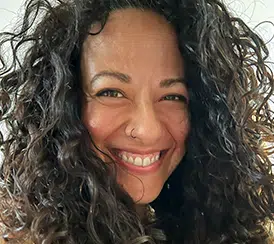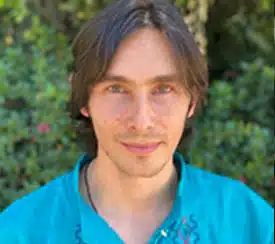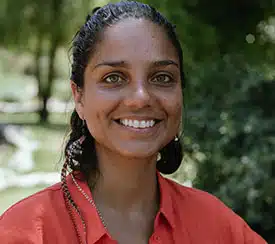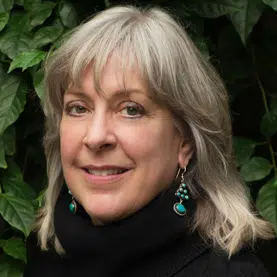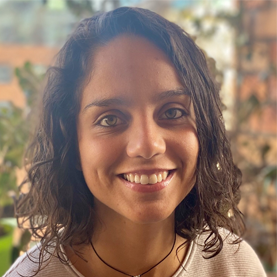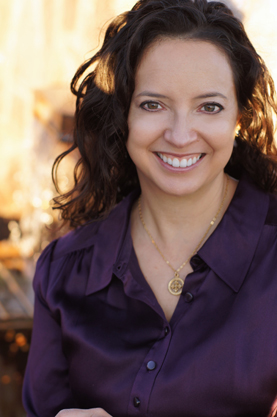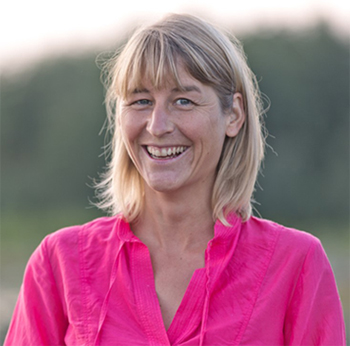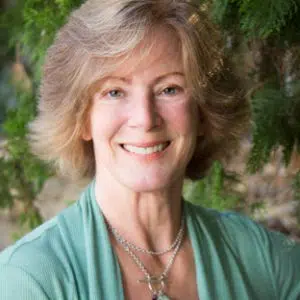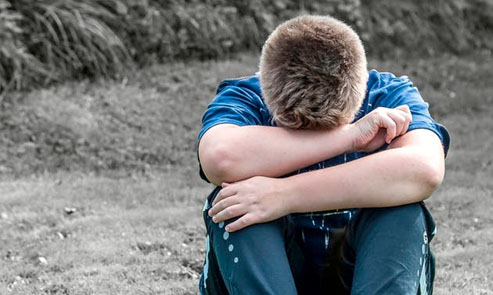
The emotional stress we experience in everyday life is often the result of our limiting beliefs and an overactive fight-or-flight response. Our assumptions about the world can cause emotional stress in ways we aren’t aware of. Limiting beliefs have nothing to do with IQ or education and everything to do with early life experiences that shape our worldview, which the brain’s ever-efficient yet unconscious neural networks interpret as reality.
In forming an opinion, we give weight to facts that fit with our beliefs and readily dismiss those that don’t. Western society favors science and reason over intuition, seldom blending the two different ways of knowing to gain a broader perspective. When I talk to people who have a medical background, they always want to know the scientific research that supports my statements about health, even when they instinctively know what I’m saying is true. That’s one reason I include so much science in my books about ancient shamanic medicine: we want to see research papers published in professional journals that validate age-old advice.
The more we rely exclusively on one way of knowing, however, the more likely we are to operate from biases we aren’t even aware of. Our insistence on valuing science over intuition ignores findings that when we combine the two, we often make better decisions. A ten-year study of ESP in business executives by researchers Douglas Dean and John Mihalasky found that CEOs who trusted intuition and took risks based on their hunches made significantly more money than CEOs who made decisions based solely on logic and “facts.” And intuition isn’t necessarily as irrational as hardcore rationalists assume. Nobel prizewinners Herbert Simon and Daniel Kahneman are among those whose research has found that when experts make decisions based on intuition, they’re actually drawing on a storehouse of experience and knowledge. By contrast, a decision made on a hunch, like I don’t know why I chose him; I just liked his look, is more likely a purely emotional response and has as much chance of being wrong as being right. The shamans I’ve met are certainly expert healers, and what they’re drawing on is the stored wisdom of generations of the elders, and shared experience in co-creating with Spirit.
A common bias that can have grave consequences is the belief that we aren’t equipped to address our own health needs but must rely on doctors, drugs, and therapies to heal us. This leads to a feeling of powerlessness that can prevent us from taking lifesaving action on our own behalf. We can draw on the power of the mind and Spirit to support our innate self-healing ability. We can choose to release negative emotions that feed depression, anger, and worry, and cultivate positive emotions that help the body repair.
As long as we’re caught in the grip of our limiting beliefs stored in the limbic brain, we will constantly look to others to tell us what to do—not just medical experts to determine our health care but also political commentators to tell us how to vote and the media to show us who our enemies are.
Limiting beliefs tend to keep us trapped in one of three roles: victim, persecutor, or rescuer. These sit at the three corners of what I call the triangle of disempowerment. We create dramas featuring these stock roles, and then as the story unfolds, we act as if lost in a maze, never breaking out of the disempowering tale. Small wonder every situation seems familiar: we keep projecting the same parts onto the players and reenacting the old dramas.
Whether victim or persecutor or rescuer, we are continually reacting to the actions of others. We see this wherever people are driven by limiting beliefs. To the Westernized Indians I visited in South America, the persecutors were the conquistadors, the Indians were the victims, and the rescuer was the Catholic Church.
New patients who come to see me for shamanic energy medicine often want me to be the rescuer who heals them from whatever disease is keeping them a victim. My first task is to refuse that job and instead help the patients break out of their limiting beliefs and find their own inner power to heal. Otherwise they will expect me to perform magic while they remain passive observers.
All these roles—victim, persecutor, rescuer—keep us feeling scared, defensive, envious, and competitive. When we encounter someone who is doing something clever or original, instead of admiring that person, we may feel jealous, or belittle their efforts. The writer Gore Vidal is credited with saying, “Every time a friend of mine succeeds, a little part of me dies.” The opportunity we face in healing our emotions is to move beyond our limiting beliefs and understand our lives in a larger context, unfettered by biases that distort our perceptions. Heroic narratives about people who have been tested and then overcome their wounds to heal themselves and their communities are far more empowering than the three-character dramas we habitually create.
.
